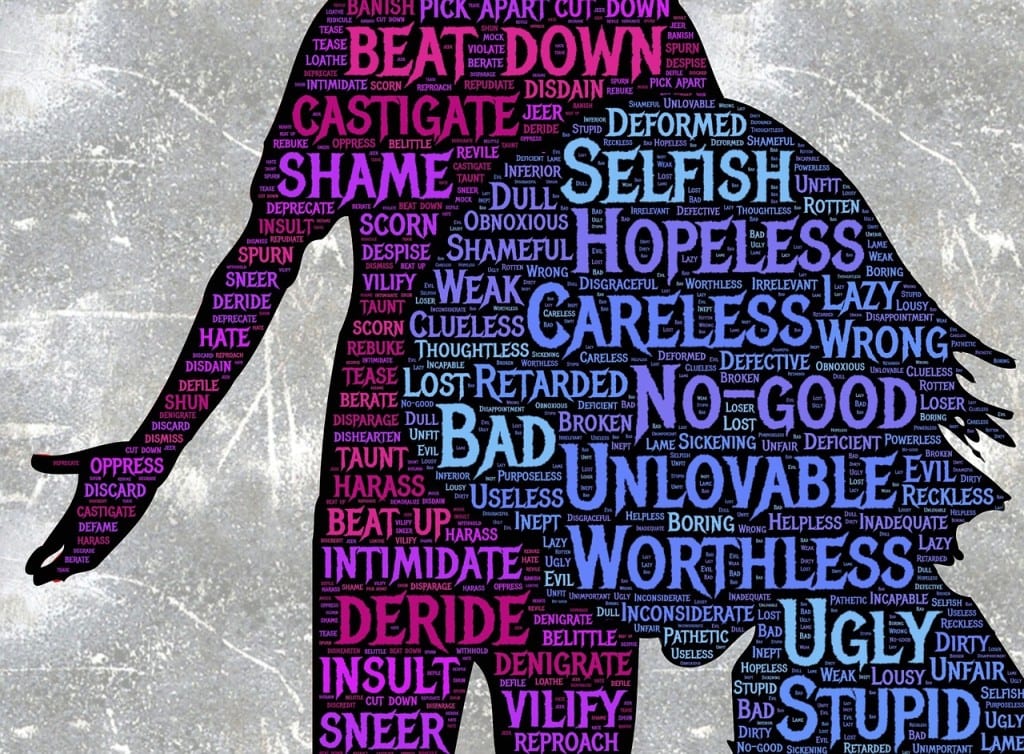
In our previous article on recognizing the signs of child abuse, we talked about two of the four forms of abuse that we hope to cover here, namely emotional and physical abuse. In this second installment we plan to discuss both sexual and mental/psychological abuse. According to the Mayo Clinic, there are different types of symptoms depending on the type of abuse being sustained, and so we’ve divided the types of abuse into categories for the purposes of this discussion.
Again, for those of you who didn’t read the first installment, we know it may seem strange that attorneys whose practice focuses in part on defending people accused of child abuse would share an article on the signs of child abuse. But as we pointed out last time, there’s nothing strange about it at all. Child abuse is a very real problem, and while we are attorneys, we are parents as well. For this reason, we can all agree that a world without child abuse would be a better world.
However, from a professional standpoint, we also believe that the more people are properly informed about child abuse, the less likely they are to make incorrect assessments that result in false allegations of abuse. With that in mind, we have assembled a list of signs and symptoms that parents, caregivers, teachers and other members of the community can look out for.
Mental / Psychological Abuse:
Mental abuse, sometimes called psychological abuse, is very similar to emotional abuse in that it does not affect the child’s body, but rather their mind. Children who are mentally abused show no physical symptoms of that abuse, outside of aberrant behaviors that manifest as a direct result of the abuse they have sustained.
Mental abuse of a child is usually defined as subjecting, or exposing, that child to behaviors that may result in psychological trauma, including anxiety, chronic depression, or post-traumatic stress disorder. It can also include terrorizing a child by causing them extreme fear on a regular basis.
Common examples of psychological abuse include isolating a child, exposing a child to very frightening things (for example, forcing a young child to watch horror movies) or threatening a child with pain and violence. Children who sustain frequent psychological abuse tend to exhibit severe anxiety, depression, shame, guilt and unreasonable fear.
Sexual Abuse:
Sexual abuse of a child refers to an adult or another child using a child for their own personal sexual gratification. This can include improper touching of a child’s body, sexual intercourse with a child, forcing a child to perform inappropriate sexual acts, forcing a child to participate in prostitution, or using a child for the purposes of child pornography.
Children who are sexually abused do not always exhibit physical signs of that abuse. In cases of inappropriate touching and similar forms of assault, where there is no physical injury caused, the symptoms are more commonly emotional and psychological. These can include sexual behavior or knowledge that’s inappropriate for the child’s age, and fear of being touched by or being left alone with certain people. It can also manifest as depression, shame, guilt and fear.
In cases where the assault is more forceful and causes injury to the child’s body, symptoms will also be more physically obvious. These can include blood in the child’s underwear, trouble walking or sitting, complaints of genital pain, pregnancy, or sexually transmitted diseases, among others.
Sexual abuse of children is considered in Michigan to be a particularly serious crime, and is punished accordingly. People convicted of child sexual abuse can expect to spend decades, if not a lifetime, behind bars.
We hope this overview has been informative and helpful to you. It is our earnest desire that children be kept safe from abuse. However, it is also a high priority of ours that adults not be falsely accused of abuse. For that reason, we have worked very hard over the years to defend innocent parents and caregivers who have been wrongly accused of abuse.
If you or a loved one have been falsely accused by the police or CPS, of some form of child or vulnerable adult abuse, contact us immediately at 800-576-6035. We can help you.
